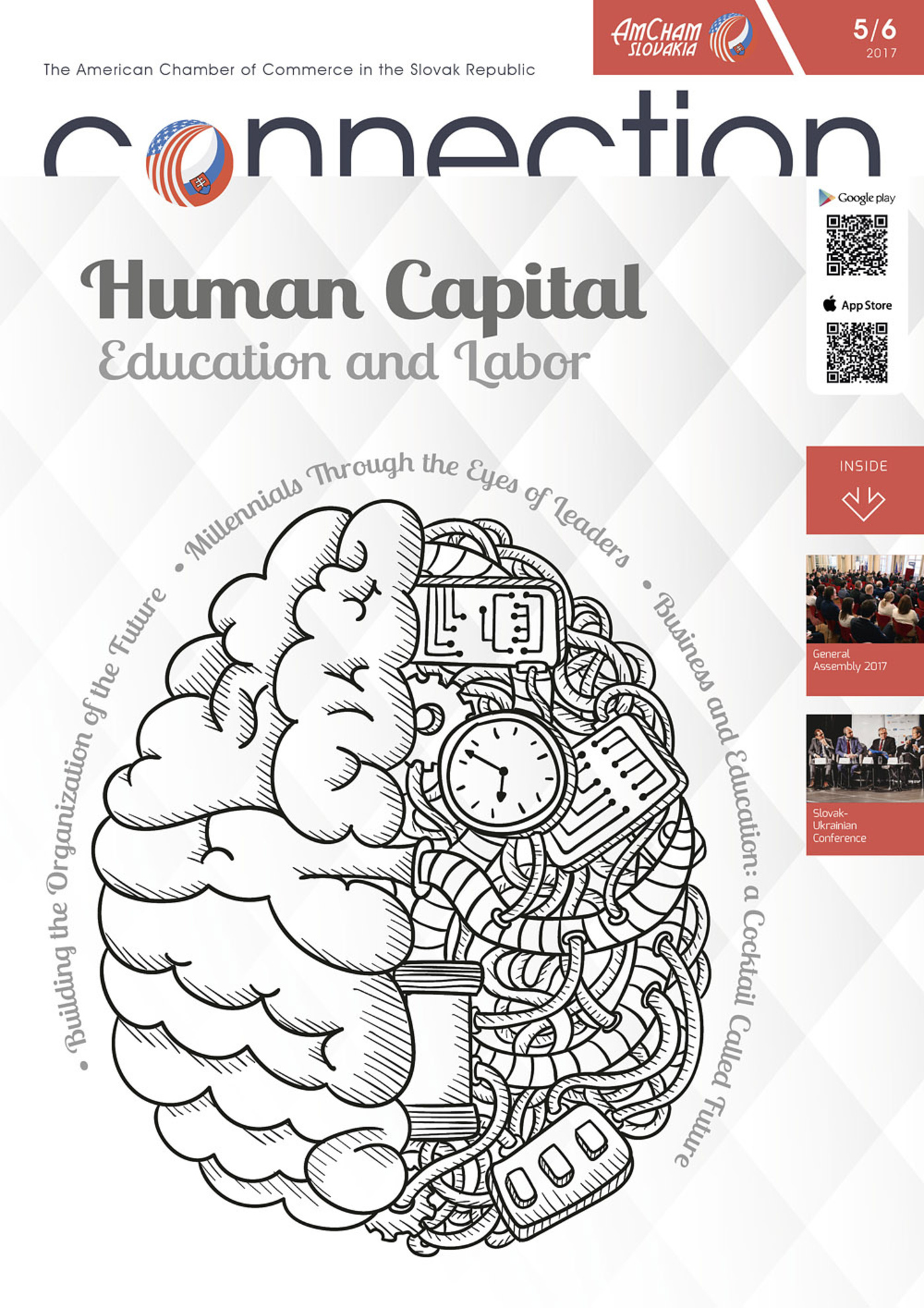After discussing the thesis of the new reform goals with many stakeholders in education last autumn, in March 2017, the team published for public consultation a comprehensive vision for education in Slovakia entitled “Learning Slovakia”. More than 2,000 proposals, comments and amendments were submitted for the document by the end of April. All of them will be evaluated by the expert team and the final version of the document will be presented to the Minister of Education. Discussion in the government and parliament will follow and hopefully a political consensus among the coalition and opposition will be reached that will be the basis for mid-term development in education for the next 10-15 years.
What are the main lines of the reform document? The document contains four chapters covering education from birth until the end of secondary school and another four chapters covering higher education. “Learning Slovakia” presents the important idea of individualized education in primary schools enabling the maximal development of the pupil´s/student´s potential and enhancing the quality of education. This will enable a more inclusive education bringing more special needs students into the main stream of education. This will not be possible without the extension of the support system of experts, psychologists, teachers and personal assistants working together with the teachers as a team. The reform proposes changes to the content of education, with less facts and more soft skills in the curriculum including improved language and math education.
The key factor for positive changes in education are teachers. The document proposes to make this occupation more attractive and better prepare teachers for the new role of facilitator for children. It includes increased salaries for teachers to 57% to 80% of the average wage for university graduates in the country (as in OECD countries). A special chapter focuses on vocational education and training and preparing students for an occupation. Here, cooperation with the employers, extension of work based learning including dual education, better professional counselling and the separation of the graduation diploma and the granting of a qualification (one issued by the school and the second by the professional committee outside the school) are the crucial elements. Improvements in education will need a substantial increase in public funding from the present level of 3.4% of GDP to 4.5% of GDP by 2020 which will be used mainly to increase teachers´ wages, extend the support system and improvements to equipment in schools.
The reform in higher education proposes a new system of quality assurance compatible with European practice, which will bring more flexibility to universities in the design of their study programs. This is connected with a decrease in the number of study fields and special support for professionally oriented bachelor programs designed together with the employers in contrast to academic study programs prevailing today. The focus is also on the internationalization of Slovak universities and openness to practical experience. The new system of evaluation of scientific and creative results is proposed in accordance with the UK system REF.
What will really change in 2018 and 2019 will be debated by the government when the first two years of the Action Plan are submitted including the financial increase in educational funding for that period.
Milan Ftáčnik, former Minister of Education in 1998-2002 and current member of the reform team of advisors to Minister of Education of Slovak Republic



Follow us